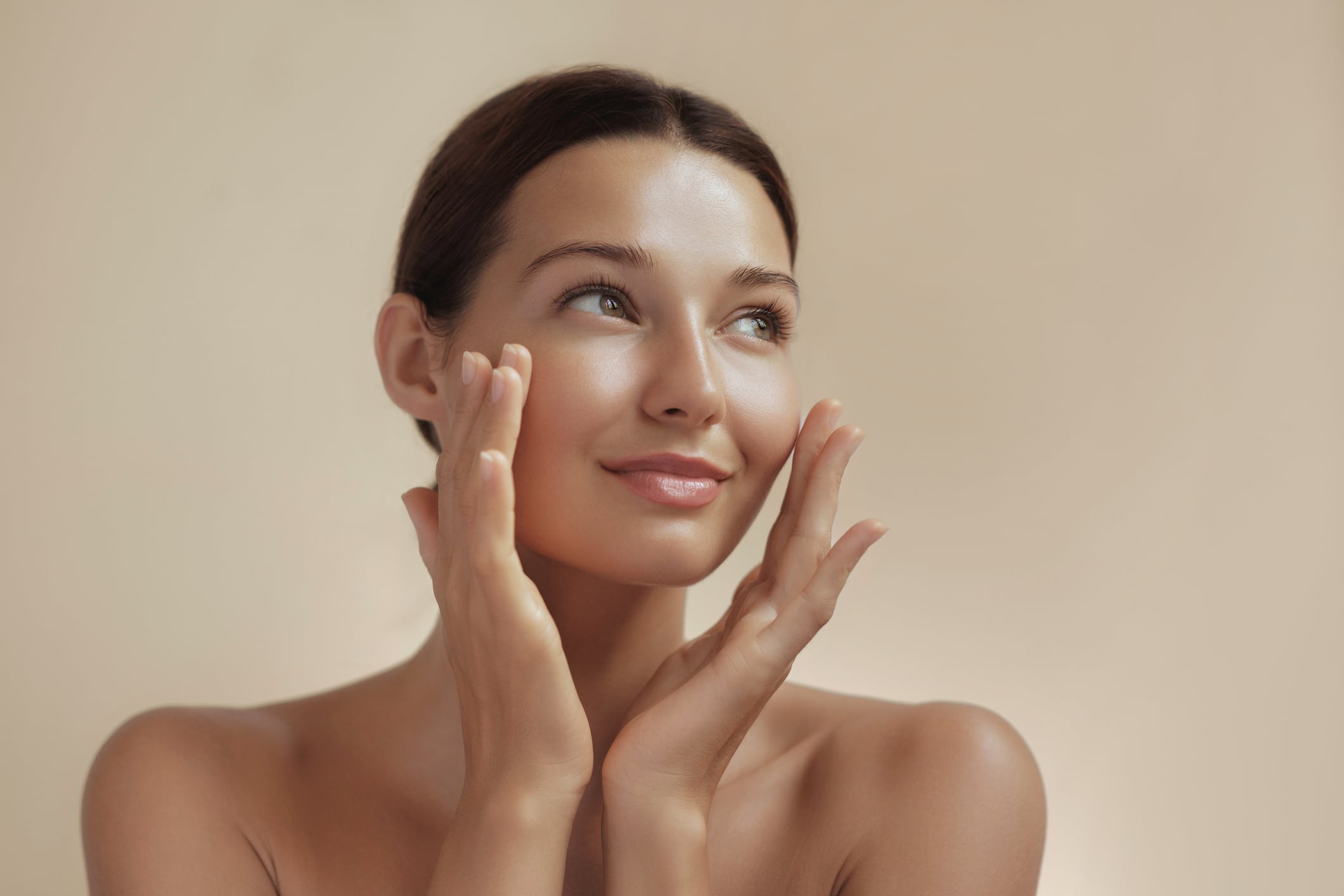Hair health has stepped into the limelight in the beauty industry, and more consumers are looking for solutions to tackle hair loss and improve hair and scalp health.
In response, the hair care category continues to see more innovation, with more brands taking a ‘beauty-from-within’ approach to new product development.
A new randomized controlled trial published in the journal Nutrients evaluated the efficacy and safety of ingesting Gynostemma pentaphyllum extract to improve a variety of hair parameters.
G. pentaphyllum is a plant already known for its antioxidant and anti-inflammatory effects, therefore the researchers hypothesized that it may have potential for improving hair health, too.
The creeping perennial herb comes from the Cucurbitacea family and is commonly found in South and East Asia. It has been used as a food and supplemental product for more than 500 years.
In previous scientific studies, the plant has been shown to improve exercise performance and reduce mental fatigue.
It contains bioactive components such as saponin, flavonoids and sterols and has been suggested to be beneficial in the treatment of various health conditions, such as obesity, hyperlipidemia and inflammation.

Hair health is complex
Hair health is a complex physiological indicator that integrates multiple parameters, including the follicular density, mechanical properties of the hair shaft, surface reflectivity and dimensional characteristics.
The study’s authors noted that “the integrity of these attributes is vulnerable to a spectrum of damaging factors, encompassing tobacco exposure, nutritional deficiencies, psychological stressors, pharmacological interventions, pathological conditions, chemical agents, inflammatory cascade, and metabolic dysregulation.”
These factors often lead to reduced follicular density, weakened hair structure, decreased shine and compromised elasticity, which all contribute to noticeable hair deterioration.
Study details
The double-blind, placebo-controlled trial recruited 100 participants between the ages 19 and 60 who consumed either a G. pentaphyllum extract or a placebo daily for 24 weeks.
The researchers then evaluated the key outcomes including hair elasticity, density, diameter, glossiness and participant satisfaction. Safety was monitored through lab tests and adverse event tracking.
This work was supported by the Food Functionality Evaluation Program under the Ministry of Agriculture, Food and Rural Affairs and the Korea Food Research Institute, as well as by a grant from the National Research Foundation of Korea and the Basic Science Research Program through the National Research Foundation of Korea (NRF) funded by the Ministry of Education.
Overall, the group that took the G. pentaphyllum extract showed significant improvements in hair health.
Findings indicated that both hair elasticity and density increased threefold and hair diameter increased fourfold compared to the placebo group. The G. pentaphyllum group also reported reduced hair damage and dryness but there were no significant changes observed in hair glossiness between the two groups.
The researchers noted that the G. pentaphyllum extract demonstrated a good safety profile, with no serious side effects reported.
Noting that the plant extract could be a promising raw material for product development in the beauty industry, emphasizing its ability to enhance hair health naturally, they called for further studies to explore its application alongside existing treatments for wider efficacy.
Source: Nutrients, 2025, 17(5), 767; doi: 10.3390/nu17050767. “Therapeutic Potential of Gynostemma pentaphyllum Extract for Hair Health Enhancement: A Randomized, Double-Blind, Placebo-Controlled Clinical Trial”. Authors: J. Lee et al.


